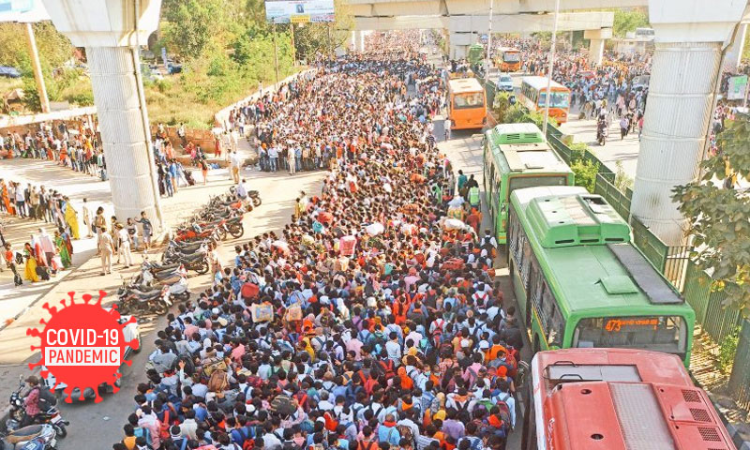Trade Unions Oppose Plea In SC Against MHA Direction To Pay Full Wages During Lockdown
Nilashish Chaudhary
23 April 2020 4:54 PM IST

Next Story
23 April 2020 4:54 PM IST
The Trade Unions of Maharashtra have filed an application in Supreme Court, seeking to intervene in a plea which had prayed that the Court should set aside the order by the Ministry of Home Affairs (MHA) which directed private establishments to pay full wages to workers during the lockdown. The Applicants have requested for permission to reply to the contentions of this petition, as...
